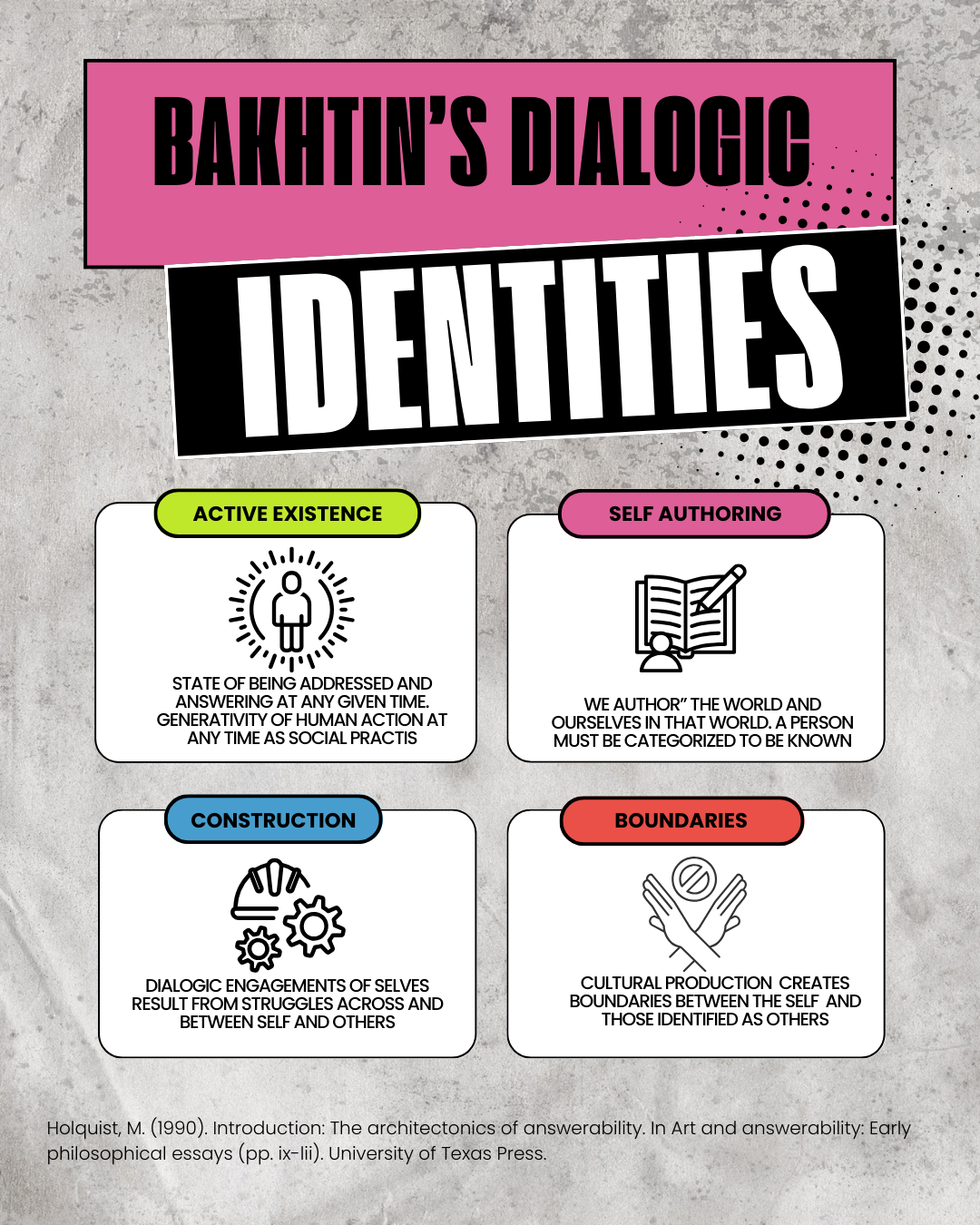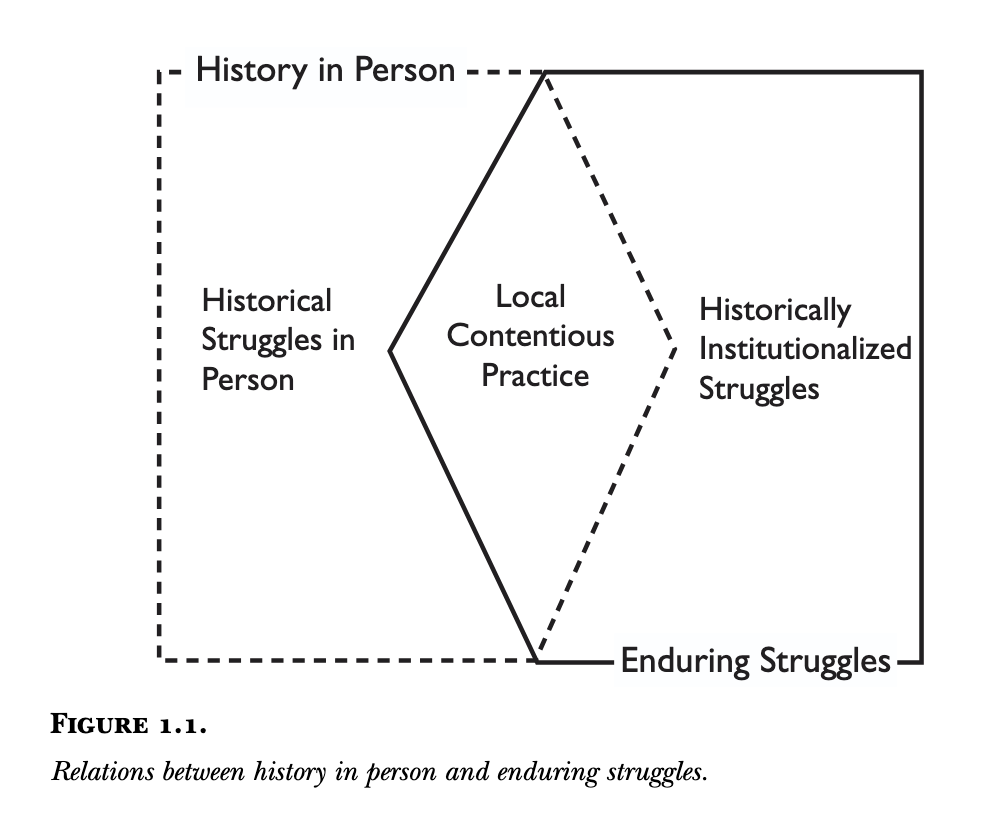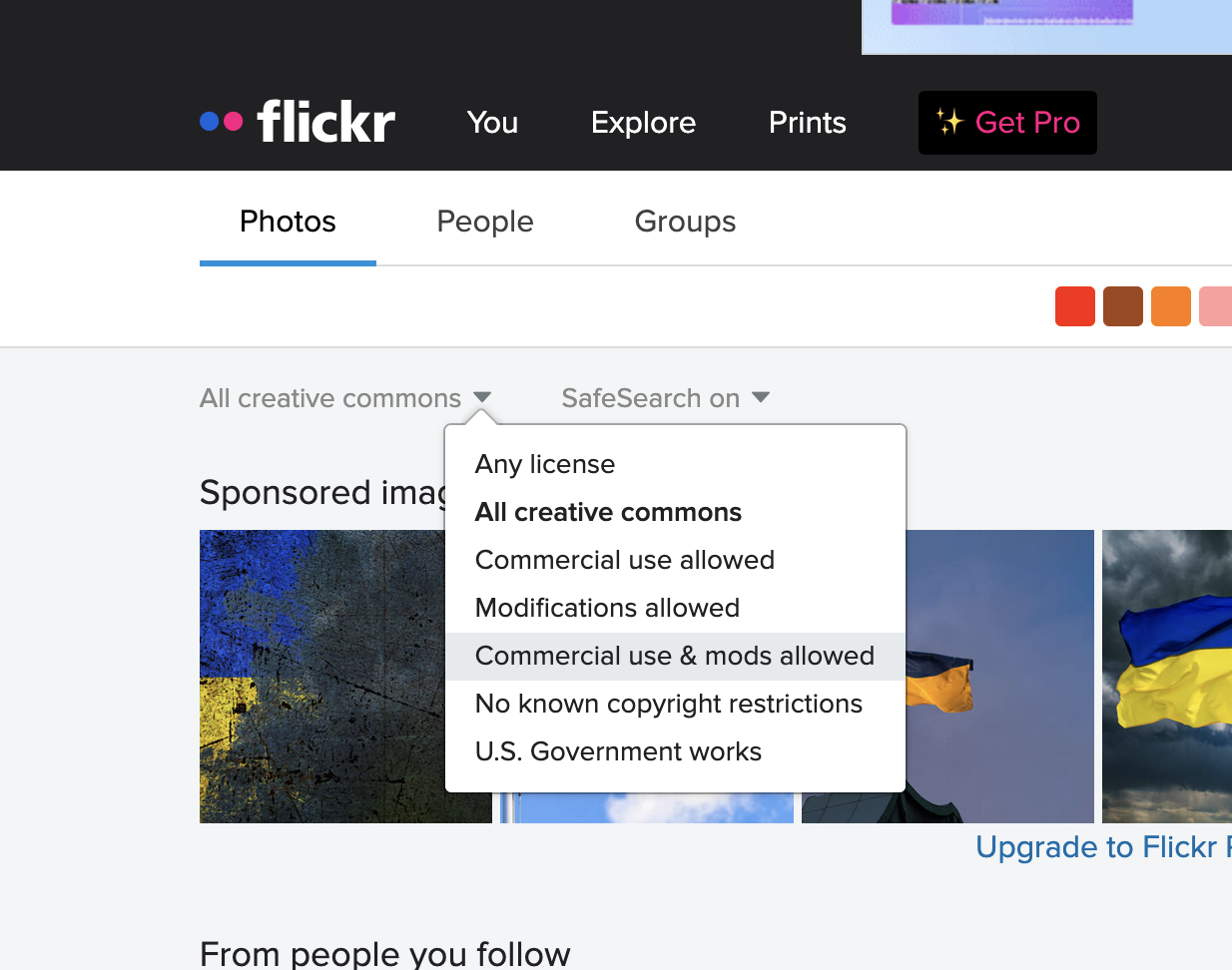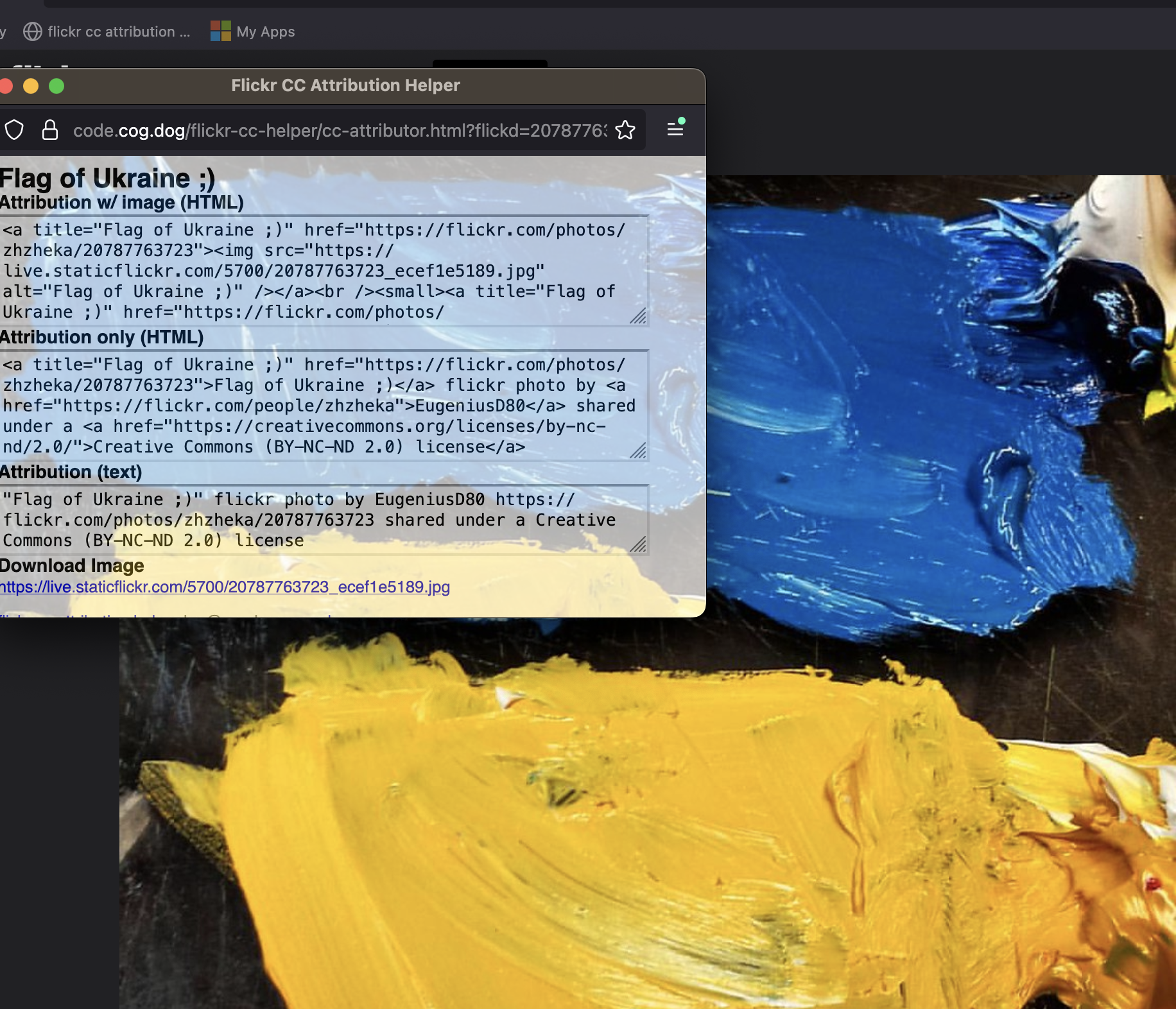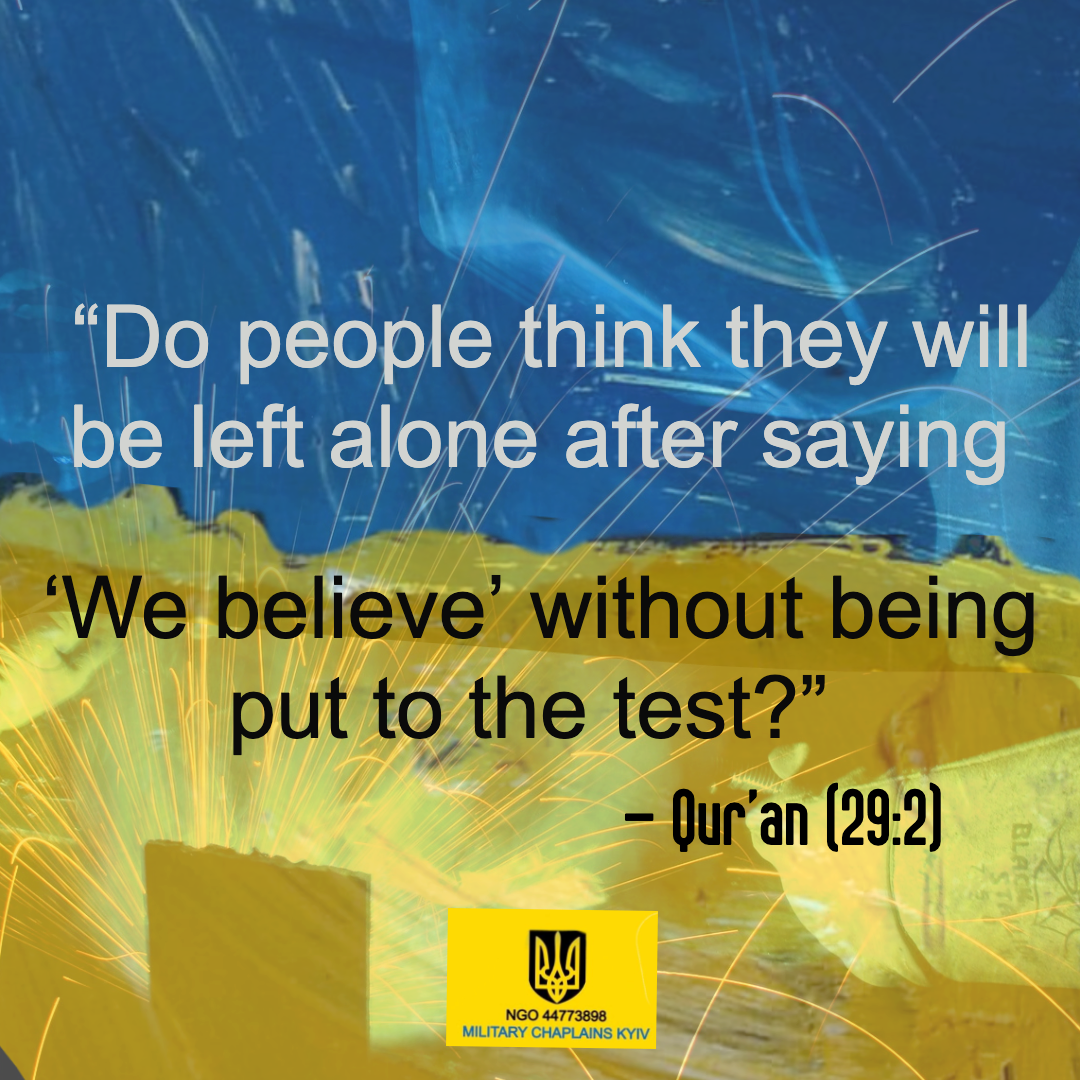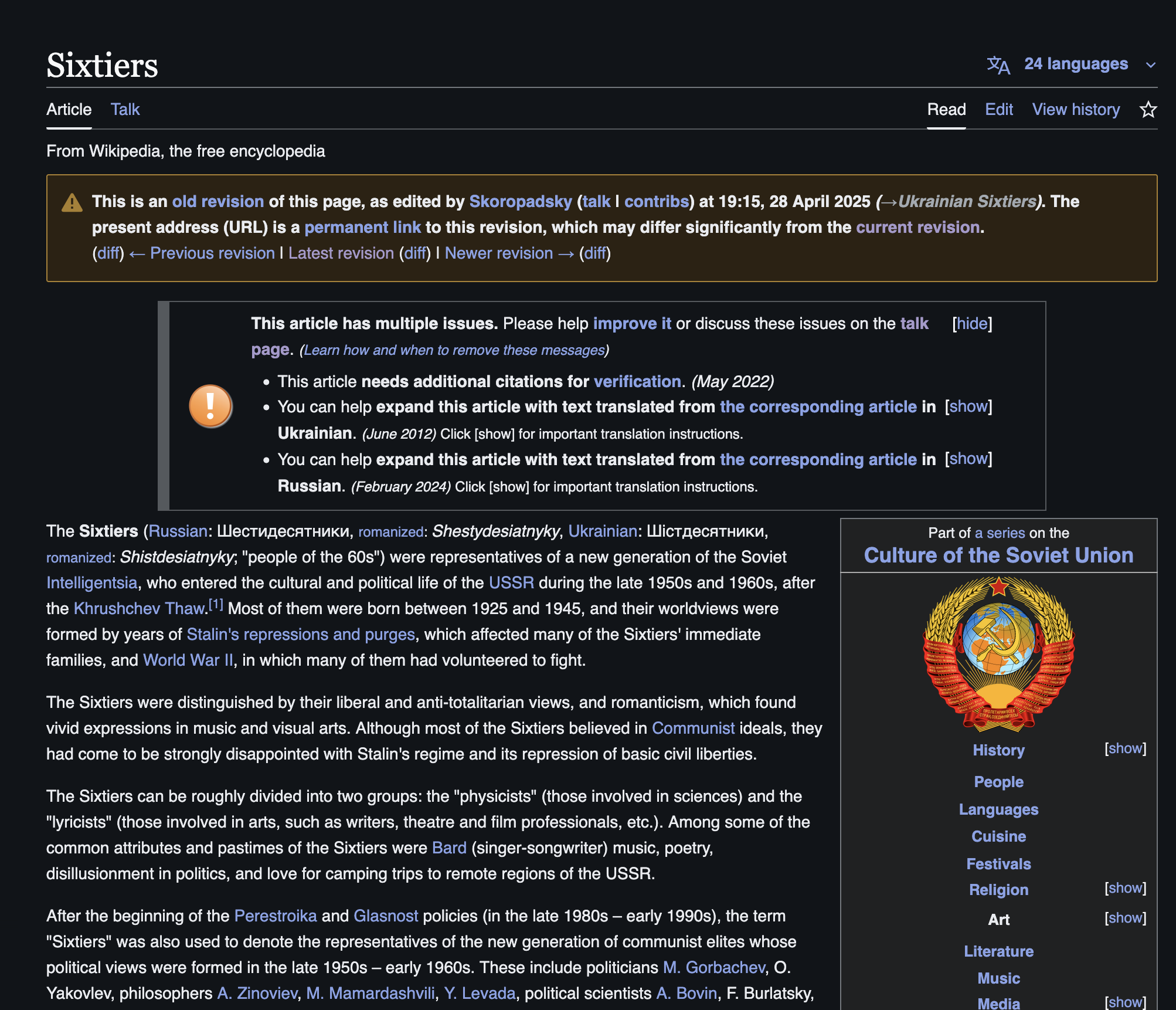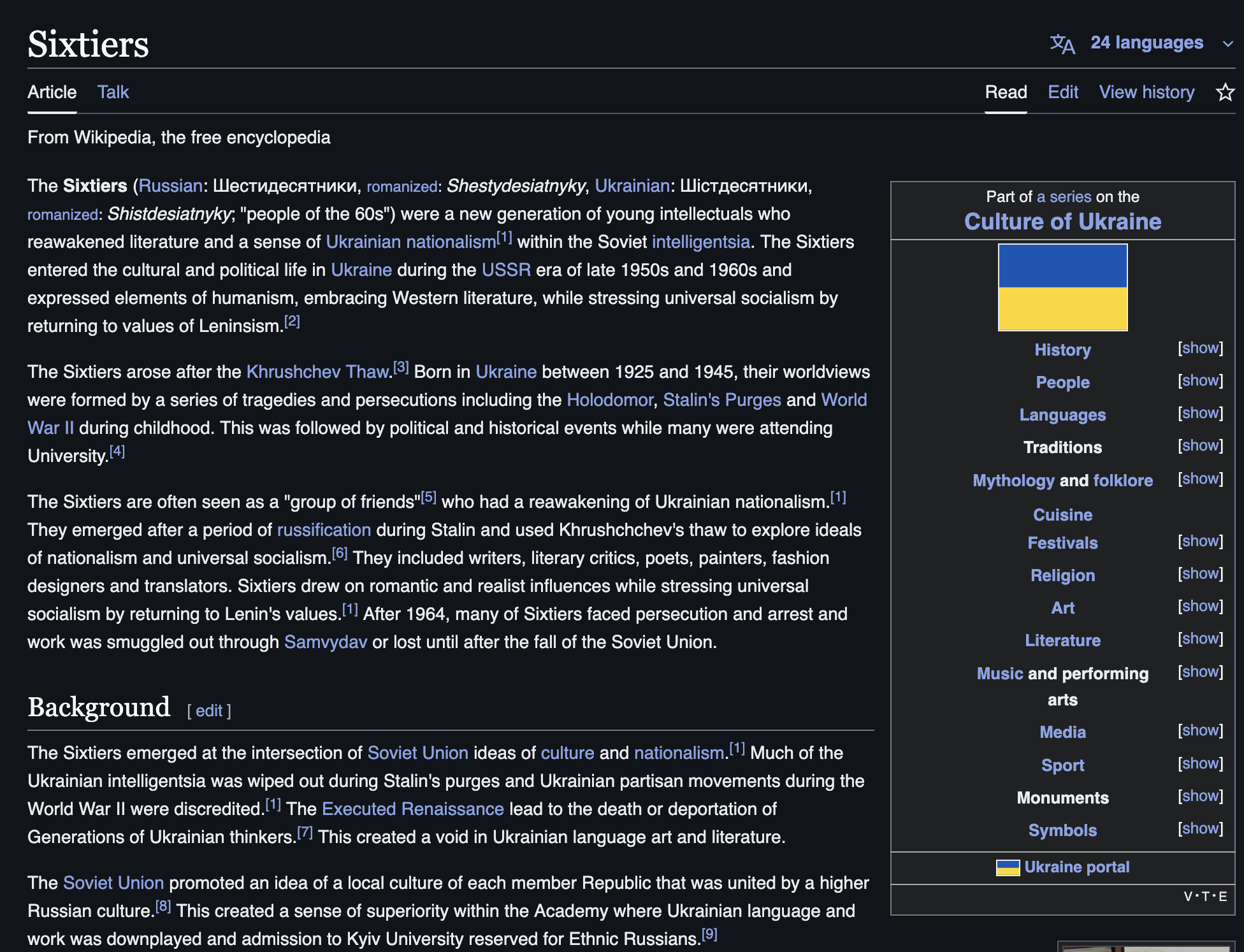Blogging Matters for Teachers
In the age of Artificial Intelligence, teachers who share openly craft knowledge. Think of the large language models that we define as Artificial Intelligence machines as giant text structure databases. They just search stuff in a corpus and stack tokens based on what is mathematically the best text structure.
But the machine does not understand the text. not yet, at least. It is a mathematical calculation that the tokens selected are in the best based probability wise given the location of the rest of the tokens.
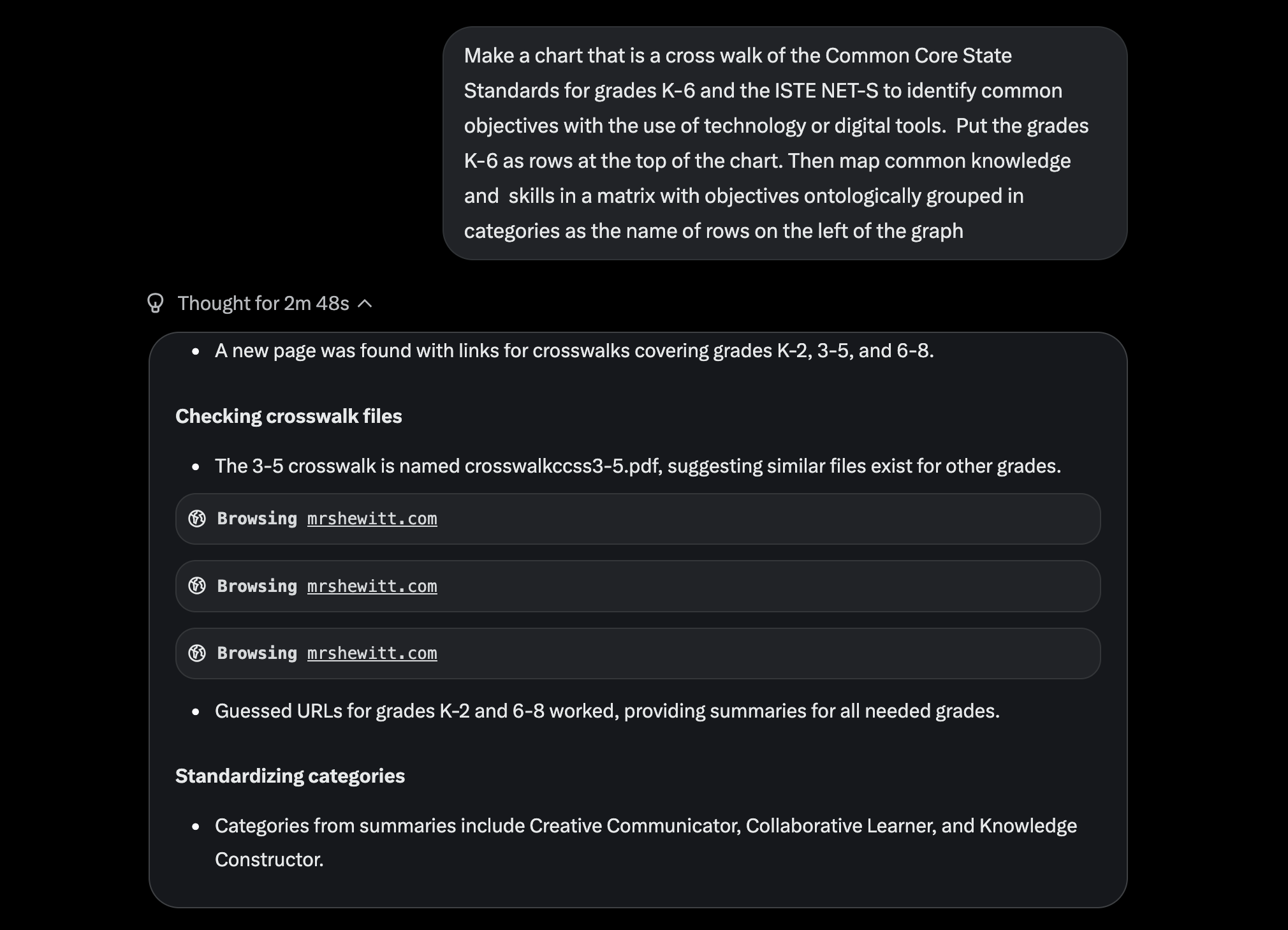
I asked Grok to complete the first step in the assignment . To complete a crosswalk of the ISTE NET-S Standards and the Common Core Standards for grades K-8.
Standards crosswalks are a great way to see how knowledge and skill growth gets operationalized in specific standards and frameworks. When I do it with students We go through grade by grade and highlight the knowledge, the verbs, and the qualifiers. What changes in each grade? What assumptions are being made?
###Thank You Ms Hewitt
In this example Grok did not do complete a crosswalk. It just searched the web to look for something that had a similar text structure based on my query.
It focused on one State’s Educational Technology Standards, Washington, and then one teacher’s website. A Weebly site for Ms Hewitt who teaches at “Our Lady School of Hope”.
Grok found a copy of the Washington State Standards
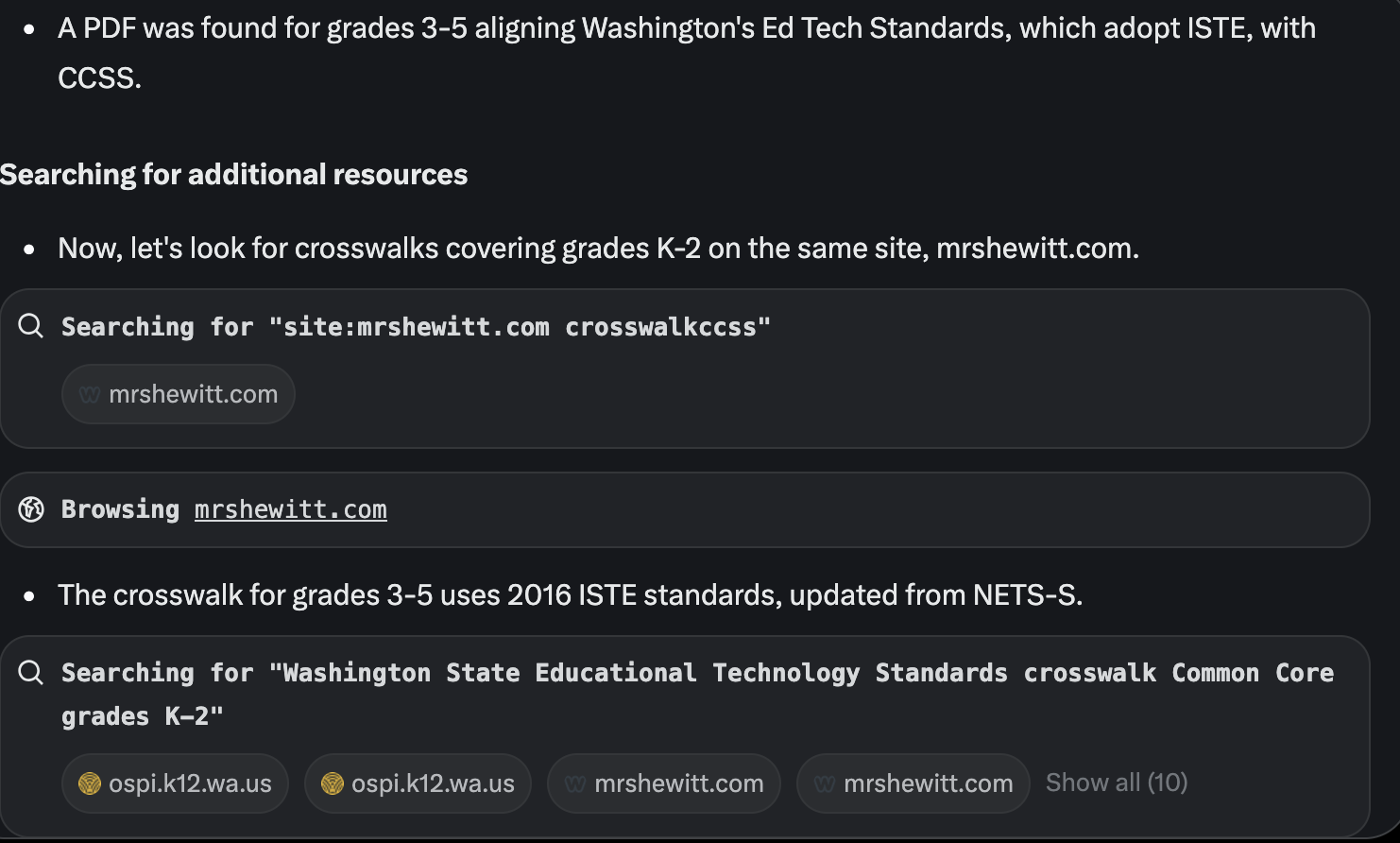
Grok then used the file pathway in the URL to find the rest of the grade levels and then made the chart. I then had Grok give me the slides in Markdown to copy to my website. I also asked for it in HTML. Turns out Grok is already written in Markdown so I just needed to copy the chart.
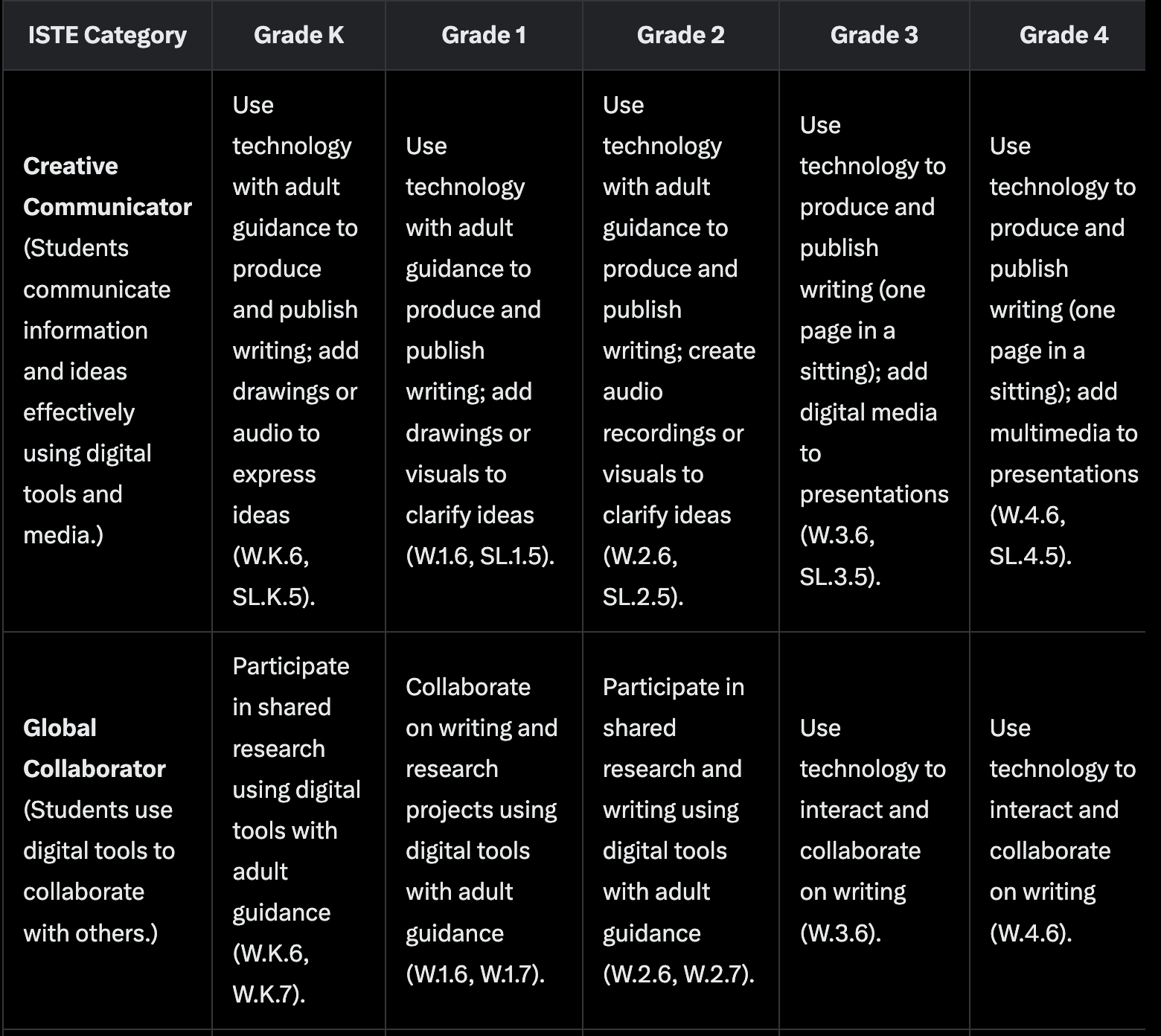
You can see the code, or what is technically markup, below.
###Blogging Matters
The folks who openly publish and share their work. Who maintain little private repositories of public documents. The Wikipedia editors. They are the AI.
So as you start to think about reflective practices in open spaces do not overlook the service aspect of maintaining your digital garden. Especially when others pluck the fruit of your labor.
Chart on Grok: x.com/i/grok/sh…
HTML and Markdown Files: jgmac1106.me/nets-and-…










